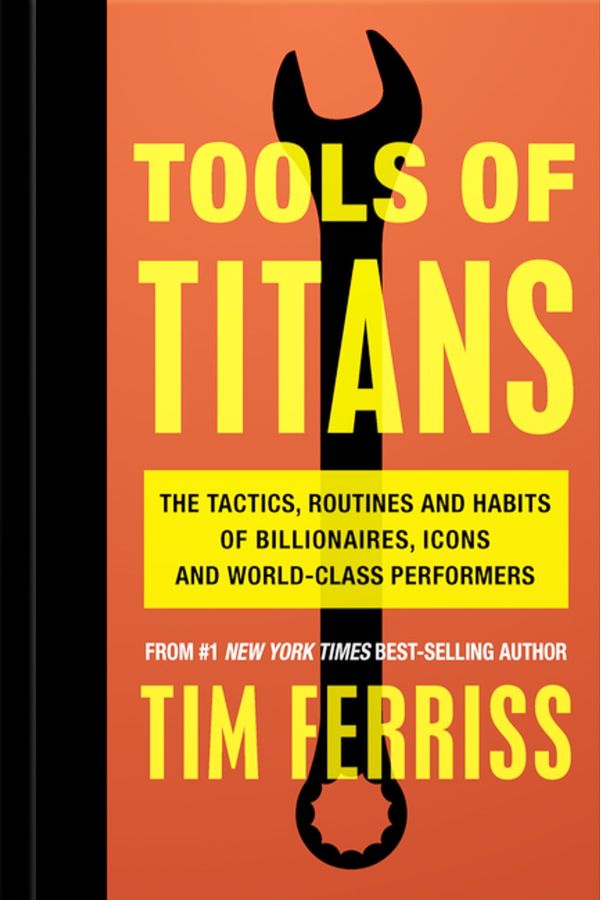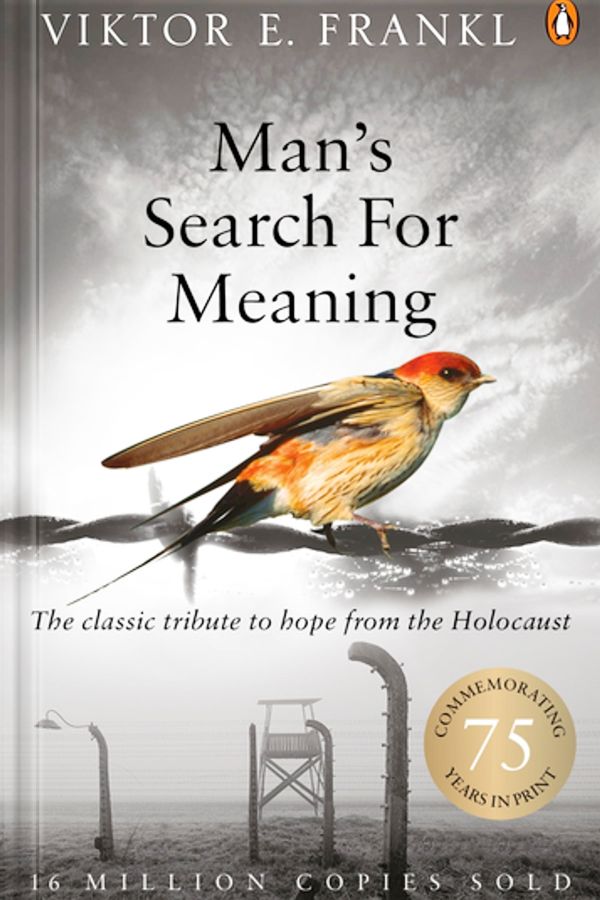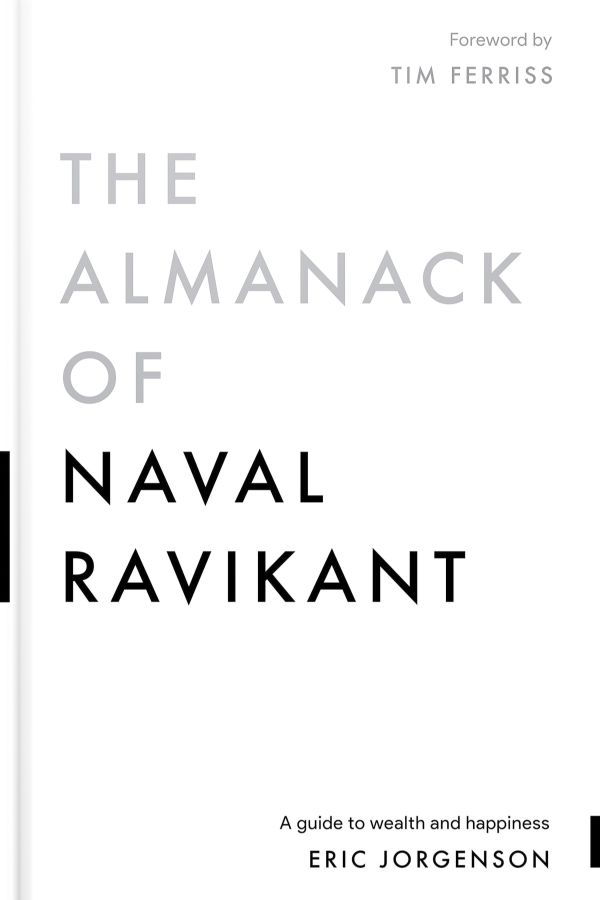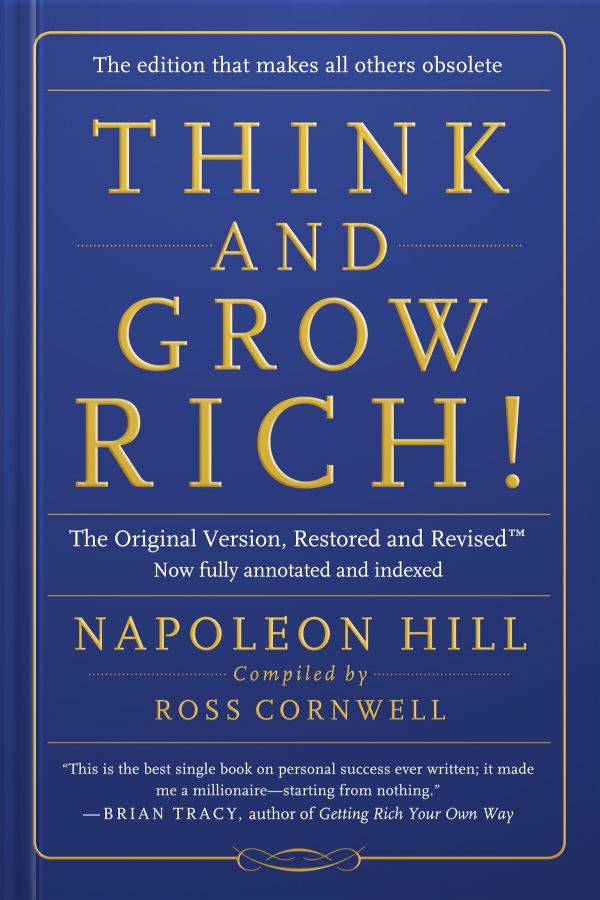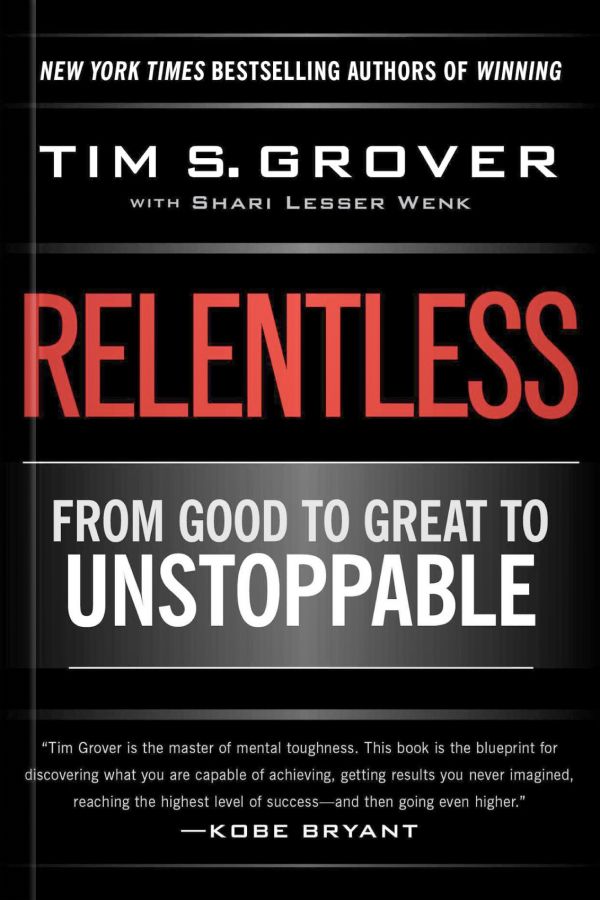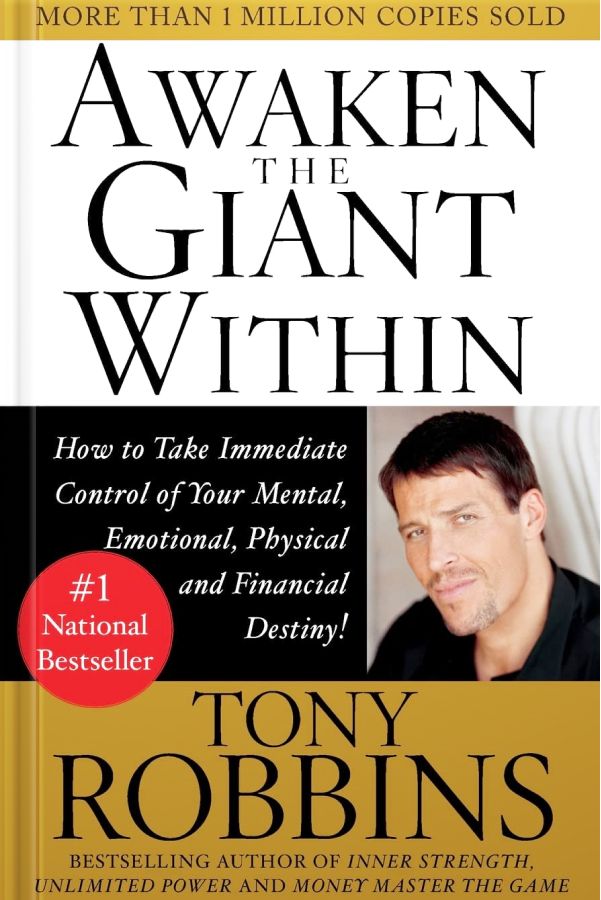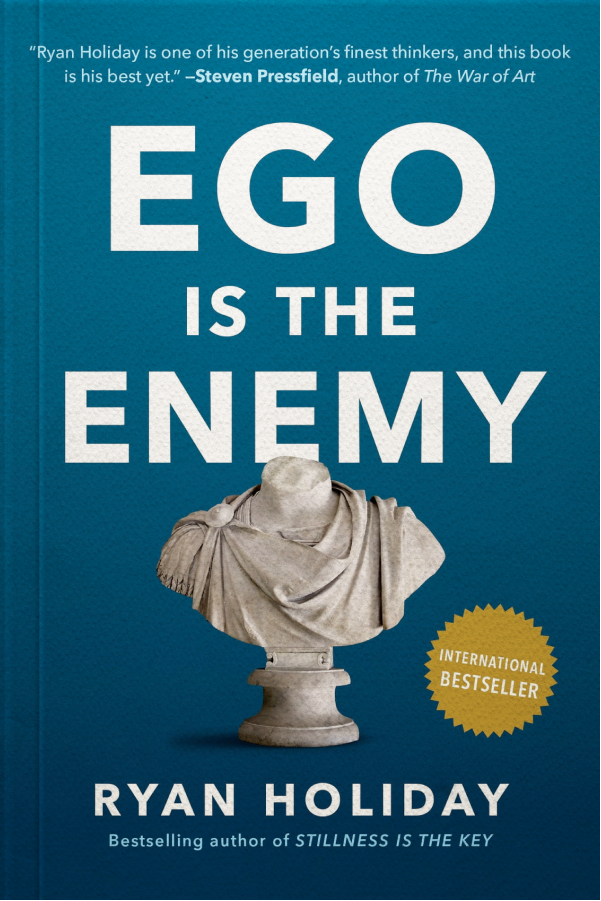
Ego is the Enemy by Ryan Holiday
1. The Enemy Within Your Ego
"Wherever you are, whatever you’re doing, your worst enemy already lives inside you: your ego," writes Ryan Holiday.
Indeed, the ego is a part of our internal makeup that we can feed or starve. This internal adversary often pushes us towards arrogance, hindering our path to success.
For instance, an overly confident business leader might ignore valuable advice, leading to poor decisions that could have been avoided with humility.
Remember, how we manage our ego is entirely up to us.
2. Mastering Your Ego
Holiday asserts:
"Your ego is not some power you’re forced to satiate at every turn. It can be managed. It can be directed."
When you start sensing a rise in your ego—perhaps you're boasting about your achievements or feeling superior—pause and reel yourself in.
Consider when an inflamed ego led to a heated argument, damaging a valuable relationship. Such examples serve as stark reminders of the importance of ego management.
3. The Power of Humility: Listening Over Speaking
Holiday points out that ego prompts us to elevate ourselves, often on shaky or false grounds. On the contrary, humility underscores the value of listening to others.
For instance, a humble student who actively listens in class is likelier to absorb knowledge than a boastful one who disregards the teacher's wisdom.
"Ego encourages you to lift yourself and base your worth on nothing or false worth," Holiday warns.
4. The Humble Student
The ego is a barrier to learning and growth and convinces you there's no need to listen or learn from others.
However, Holiday emphasizes that the path to greatness requires humility and an unending willingness to learn.
A great example is the life of Albert Einstein, who, despite his profound knowledge, always considered himself a student.
5. The Path to Greatness: Helping Others
Holiday suggests an intriguing universal law: to achieve greatness and help others reach their heights.
This principle is evident in the world of mentorship, where mentors often find their skills and understanding deepened as they guide their mentees.
"Make people great and eventually, greatness will find its way to you,"
He advises.
6. Embracing the Low Position
Ego often pushes us to make decisions to impress others, leading to unnecessary problems.
Holiday encourages us to embrace tasks that others might deem beneath them.
Many successful entrepreneurs, for instance, started their journey in humble roles, learning invaluable lessons along the way.
7. The Danger of Disdain
Looking down on others can prevent you from reaching higher grounds.
Holiday cautions:
"Looking down on people will prevent you from seeing what’s above you."
Treating everyone with respect and kindness fosters better relationships and opens the door to learning from diverse perspectives.
8. Ego: A Detour from Our Goals
The ego can make us lose sight of our actual goals.
Holiday warns
"Pride tells us that we deserve better. It tells us to get what others have because we are better than them."
Recognizing this can help us avoid falling into the trap of envy or entitlement.
9. Ego: The Love-Killer
The ego can spell disaster for our relationships and passions.
"Whether it is in our career or relationship, ego has its harsh way of killing what we love,"
says Holiday.
When we prioritize our ego over others' feelings, we risk losing what we cherish.
The breakdown of friendships due to ego-fuelled disputes is a typical example.
10. Ego: The Persistent Companion in Success and Failure
Ego lurks in the shadows of both our victories and defeats.
Holiday notes:
"Whether we succeed or fail, ego is always there."
We must resist the temptation to become self-important in success and avoid feeling victimized by failure.
This balance allows us to appreciate our achievements and learn from our setbacks, leading to a more fulfilling life journey.









